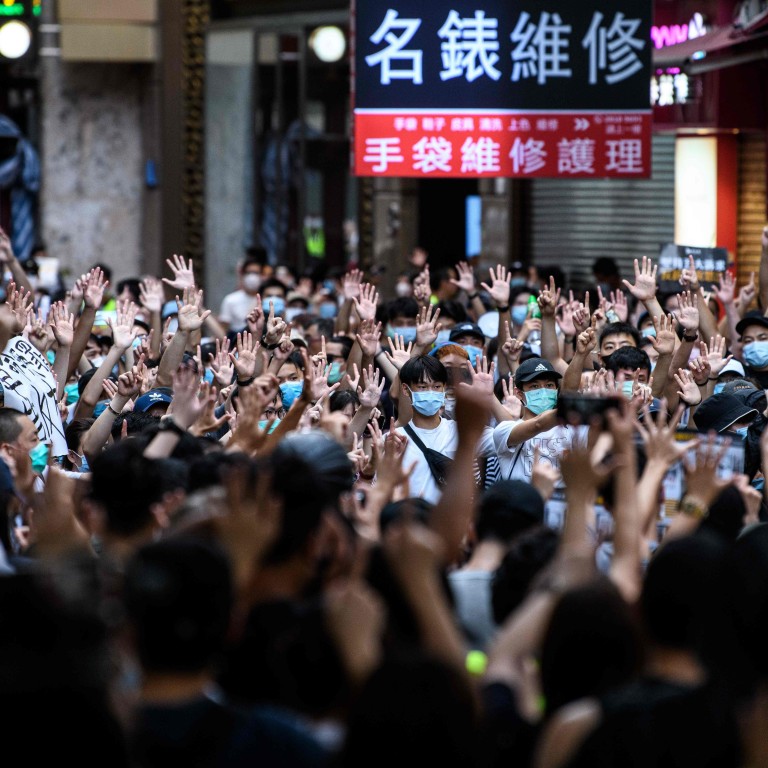
Letters | How China’s century of humiliation guides its reaction to Hong Kong protests
- While it is true the protests have been over freedom and civil rights, that is not enough to understand Hong Kong’s relationship with the central government
- Deep down, Chinese nationalist sentiment is based on the hope of correcting and overcoming the legacy of imperialist invasion of Chinese lands
The months of protests in the past two years against the controversial extradition law amendment bill in Hong Kong have drawn international media attention to this mass movement and also to the nature of the special administrative status of Hong Kong and Macau.
There is a historical moment rooted in the Chinese collective consciousness, and central to the very concept of national identity, that set the trend of that relationship. Although this national narrative is central to the Communist Party’s propaganda machine, it predates it. The narrative cuts across various layers of society and is shared by both opponents and supporters of the Communist government.
This narrative is one of irredentism – an allusion to the feeling of loss of national territory to a foreign entity, such as the case of Crimea for Russia or Gibraltar for Spain – and the narrative of anti-colonial and anti-imperialist struggle.
Both the republican Kuomintang movement that gave rise to the first Chinese Republic and the communist movement that gave rise to the present People’s Republic of China instilled in and popularised among the masses this feeling of national humiliation. It promises the recovery of Chinese sovereignty over all lost territories and calls for the regeneration of the nation.
Roberto Santos, Belas, Portugal

